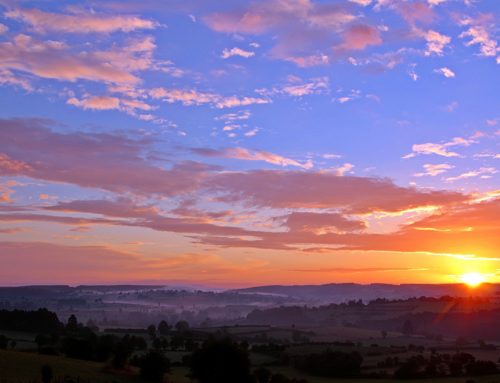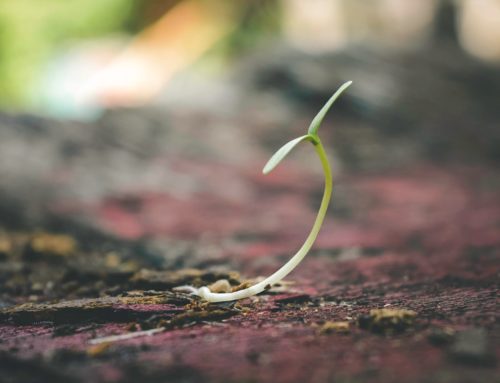One of the new phrases that has crept into our everyday language is ‘Fake News.’ While the phrase may be new, people have been twisting the truth from the very beginning. Oppressive governments harangue news agencies for accurately reporting the abuse of human rights perpetrated on their citizens and then broadcast fake news we once called propaganda attempting to convince us that black is white, and night is day. The tragedy is that so many are convinced of by fake news, especially when there is little opportunity to hear a different view. It is most often the case that those in power are able to manipulate the truth to serve their purpose.
One powerful example in our own country is the story we have told about our own history. In my early years at school, we learnt about the discovery of Australia, the establishment of penal settlements, the heroic and sometimes tragic adventures of explorers like Burke and Wills, about settlers and the Gold Rushes, but we knew hardly anything of the impact that settlement in Australia meant to Indigenous Australians. So when stories of massacres, of children taken from their mother’s arms to be assimilated into white society and so many other stories begin to be told we either find it hard to take in or ask in anger why we weren’t told this before.
The stories we hear and tell have a powerful impact on us and influence our sense of identity. I grew up hearing my granny with her Scottish brogue speaking about ‘bonny Scotland’ and ‘the home country’, so I learnt that Scotland was an important part of my heritage. However, as I grew older I discovered my heritage was much more complex and interesting. My father’s family came from Ireland albeit with distant Scottish roots, and my mother’s father’s family came from Norway. The upshot of all this is that I needed to integrate these stories. Having spent time in Scotland, Ireland and Norway I have come to own my name and my heritage.
The stories of the Bible have always struck me as unique in that they do not shy away from telling the truth about humanity, challenging us to be honest about our faults and failings. The role of the prophets was often to unveil abuse and corruption and name it for what it is, refusing to allow false news to subvert the truth. Their purpose wasn’t just to make people feel uncomfortable and guilty in order to change their behaviour, but rather to lead them to a way of living well with others, teaching them to think not just of themselves but to see themselves as part of a community where we are all connected in some way with each other.
The epic story of the Exodus, where God sent Moses to rescue the people of Israel from slavery is a story about God guiding people to freedom. Not the freedom of doing whatever we want when we want. That kind of ‘freedom’ is all about the self; a self that has no other guide than itself and is set up over and against all others like a little god. The Bible offers a very different version of freedom that is not individualistic but grounded in community – freedom to live well with others; freedom that flows from a shared life. In fact the Law of Moses, so well summed up by Jesus as loving God and loving our neighbour, is all about setting parameters to make this kind of freedom possible. And it all begins in story! The story of God setting us free. God speaking truth to us and loving us. God guiding us into a land where we might live in harmony with one another. There is nothing false or fake about God, or these commandment – they carry truth!
Peter





